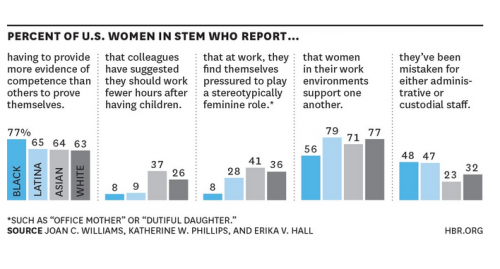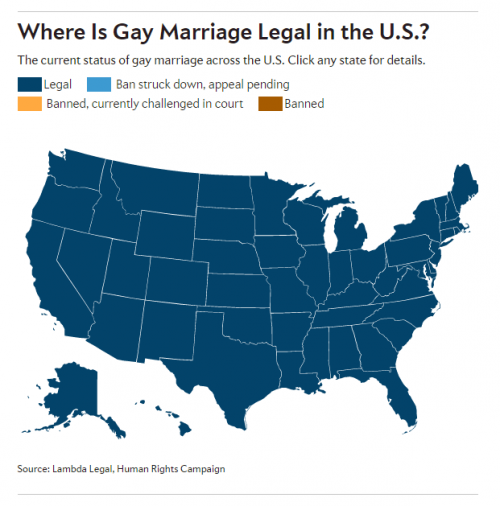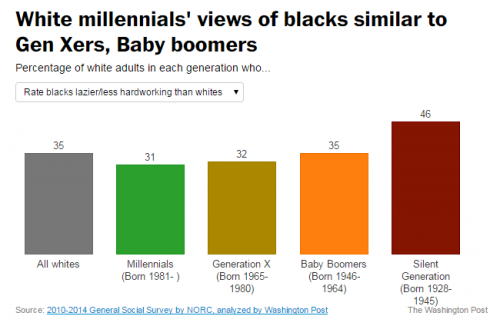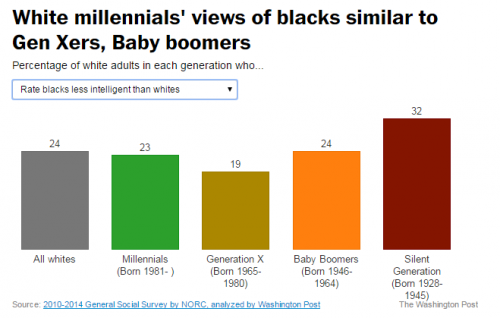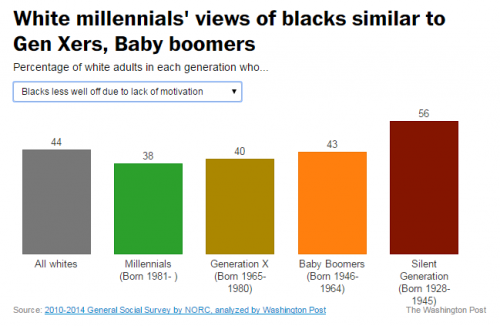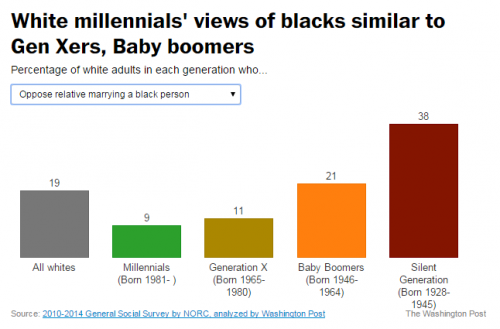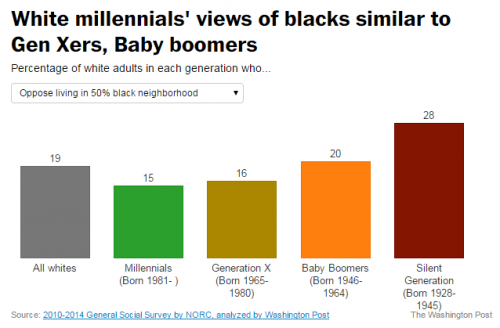In the aftermath of Dylann Roof’s racist murder, some cities in the South are reconsidering their relationship to the Confederate Flag. Should it fly? Be in a museum? Burn? The discussion raises larger questions of how to move forward from ugly histories without simultaneously whitewashing a city’s past. And, as well, how do we know when something is truly in our past?
I was thinking about just these questions a couple weeks ago when a friend of mine walked me by the monument to the Crescent City White League in New Orleans. The conical stone was erected to commemorate the return of white supremacist government two years after a lethal insurrection against the Reconstruction state government in 1874. In that insurrection, thousands of former Confederate soldiers attacked the city police and state military. They killed 11 members of the NOPD and held city government buildings for three days before federal troops arrived and they fled.
Two years later, the white supremacist politicians were back in power and they placed the monument in a prominent place where Canal St. meets the Mississippi. The monument, to be clear, is in honor of cop-killing white supremacists.
Here it is in 1906 (source, photographer unknown):
So, what to do with the thing?
In 1974 — one hundred years after the insurrection and 98 years after its erection — the city added a marker nearby distancing itself from the message of white supremacy. It read:
Although the “battle of Liberty Place” and this monument are important parts of the New Orleans history, the sentiments in favor of white supremacy expressed thereon are contrary to the philosophy and beliefs of present-day New Orleans.
In 1993, some of the original inscriptions were removed and replaced with this slightly more politically correct comment:
In honor of those Americans on both sides who died in the Battle of Liberty Place. … A conflict of the past that should teach us lessons for the future.
It was also moved to a new location. Today it sits between a flood wall, a parking lot, and an electrical substation. If you wanted to give a monument the finger, this is one way to do it. Here’s how it looks on Google Maps streetview:


So, the question is: What to do with these things?
I’ll admit that seeing the monument tucked into an unpleasant corner of New Orleans was somehow satisfying. But I was also uneasy about its displacement. Is this an example of New Orleans trying to repress knowledge of its racist history? (And present?) Or is it a sign that the city actively rejects the values represented by the monument? Conversely, if the city had left the monument at the foot of Canal St. would this be a sign that it took history seriously? And, thus, responsibility for its past? Or a sign that it didn’t take an anti-racist stance seriously enough?
This seems like an obviously difficult call to make, but I’m glad that we’re using the horror of Roof’s massacre to begin a discussion about how to handle symbols like these and, maybe, truly make them a part of our past.
Lisa Wade, PhD is an Associate Professor at Tulane University. She is the author of American Hookup, a book about college sexual culture; a textbook about gender; and a forthcoming introductory text: Terrible Magnificent Sociology. You can follow her on Twitter and Instagram.
